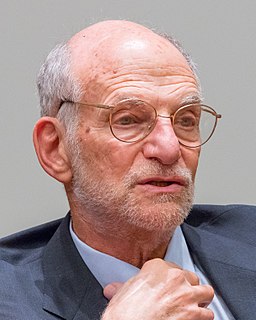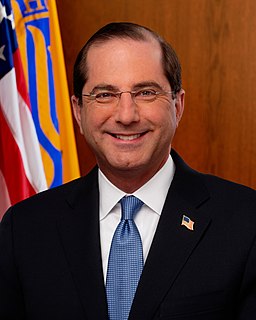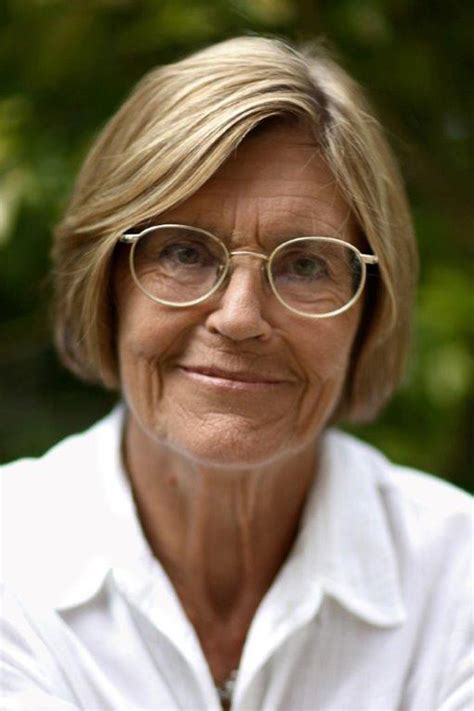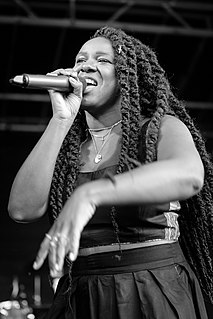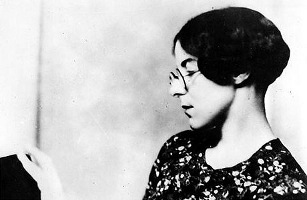A Quote by Amy Waldman
My parents are aging and there are difficult issues. It's strange to have children at the beginning of life and parents nearing the end.
Related Quotes
I won't start quite at the beginning... but the emigration of my parents from Nazi Germany and their new life in the U.S.A. A one sentence summary of these events is that after some years of trouble and considerable hard work, my parents established a satisfactory if not comfortable life for themselves and their two children.
For a wonderful physical tie binds the parents to the children; and - by some sad, strange irony - it does not bind us children to our parents. For if it did, if we could answer their love not with gratitude but with equal love, life would lose much of its pathos and much of its squalor, and we might be wonderfully happy.
You must learn to look at people who are angry with you straight in the eye without getting angry back. When children see their parents treating them this way, they then recognize the parents' authority. It speaks louder than words. Their new respect for the parents is as good for them as it is for the parents. It never works to demand respect of children. It must be given willingly as a result of strength of good character in the parents, which is manifested by their non-reaction to stress in the children.

